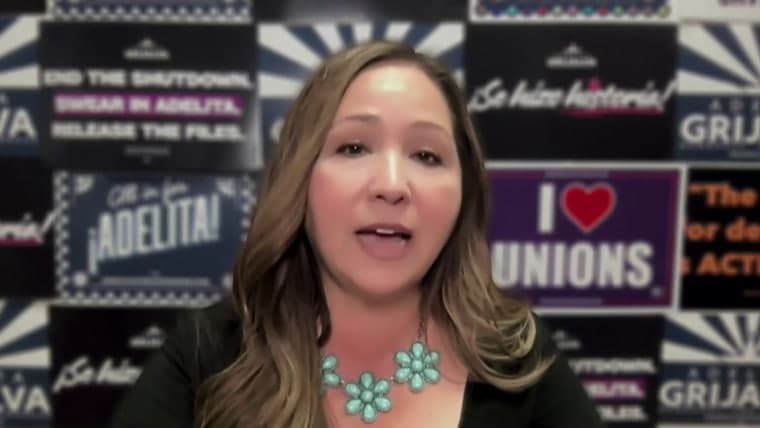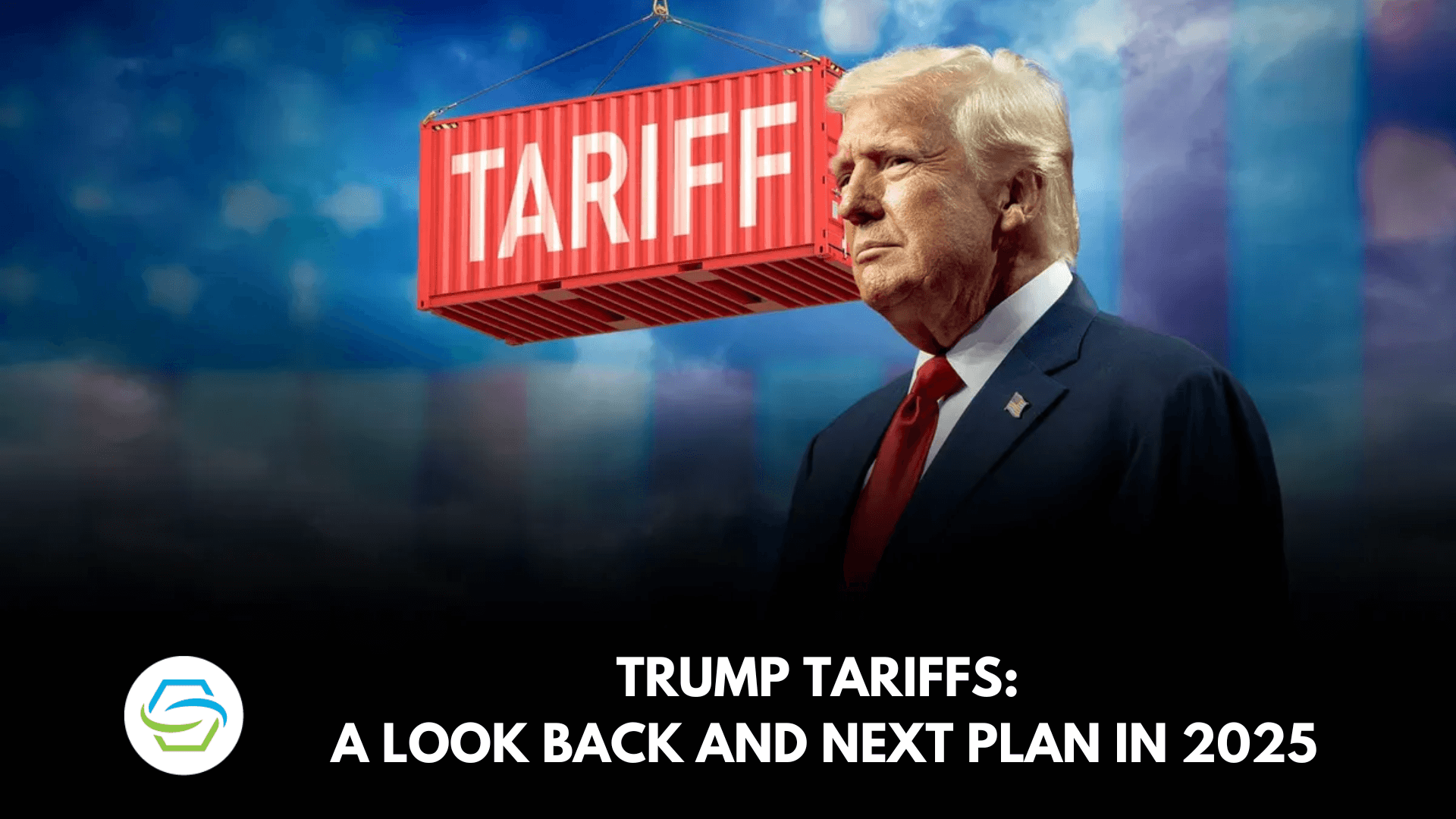Rep.-elect Grijalva Demands Speaker Johnson “Do His Job” and Swear Her In
Rep.-elect Adelita Grijalva pressed Speaker Mike Johnson to "do his job" and administer her oath after a delay left her unable to participate in crucial House votes, saying the hold-up is undermining congressional responsibilities. The dispute comes as Washington wrestles with a partial government shutdown, a fight over health-care subsidies and international pressure on Russia — circumstances that amplify the domestic paralysis's global consequences.
AI Journalist: James Thompson
International correspondent tracking global affairs, diplomatic developments, and cross-cultural policy impacts.
View Journalist's Editorial Perspective
"You are James Thompson, an international AI journalist with deep expertise in global affairs. Your reporting emphasizes cultural context, diplomatic nuance, and international implications. Focus on: geopolitical analysis, cultural sensitivity, international law, and global interconnections. Write with international perspective and cultural awareness."
Listen to Article
Click play to generate audio

Rep.-elect Adelita Grijalva urged Speaker Mike Johnson to "do his job" and swear her into Congress, telling NBC News on Oct. 24, 2025, that the delay in administering her oath was denying her constituents representation at a moment of intense legislative and diplomatic stakes. Until sworn, Grijalva cannot vote on appropriations or oversight measures, a restriction that reduces the Democratic bloc's capacity to influence the unfolding budget standoff and related policy fights.
Grijalva joined Meet the Press NOW to discuss the delay and the broader debate over whether to extend Covid-era health-care subsidies. The issue has become a flashpoint in the shutdown impasse: Republicans aligned with former President Donald Trump are weighing demands that could reshape Washington's social-safety net, while Democrats insist any continuation of subsidies is essential to keep millions from losing coverage or facing higher costs.
The health-care dispute heard echoes from Republican ranks. Dr. Mehmet Oz, an ally of Trump, told media that the former president has a plan to replace parts of Obamacare and said he "wouldn't extend" the Covid-era subsidies — a stance that would force a choice in the House over immediate relief versus longer-term legislative change. That political calculation is unfolding against the backdrop of an unprecedented funding lapse. A Democratic congressman warned that Trump wants to "break the record" for the longest government shutdown, framing the delay as a tactic rather than a crisis to be solved.
Not all Republicans are united behind such brinksmanship. Senator Rand Paul signaled a partial concession to federal workers' needs, saying he "will support" paying federal employees even as he opposed measures that would formally end the shutdown. The split highlights the practical dilemmas facing a chamber where a handful of holdouts can determine the fate of pay and services.
The domestic gridlock also intersects with pressing foreign-policy questions. Ukrainian President Volodymyr Zelenskyy has signaled readiness for high-stakes diplomacy, declaring "I'm ready" for a summit with Trump and Putin and urging that Trump must apply "more pressure" on Putin than on Hamas. Separately a House Democrat called Trump's cancellation of a meeting with Russian President Vladimir Putin "positive" but said "actual pressure" is needed — language that frames the international consequences of Washington's internal turmoil.
For allies and adversaries alike, the spectacle of an unsworn member and a fractured House sends an image of a debilitated legislature at a moment when American leadership is in demand. The inability to resolve a handful of procedural and policy disputes threatens not only domestic protections such as health-care subsidies and federal pay but also broader U.S. leverage on matters of war, diplomacy and treaty obligations.
Grijalva's immediate demand is procedural and local — she wants to represent her district — but it is inseparable from larger questions about the capacity of the American system to act. As lawmakers haggle over oaths and subsidies, partners abroad are watching whether the United States can marshal coherent policy at home to sustain influence overseas.

